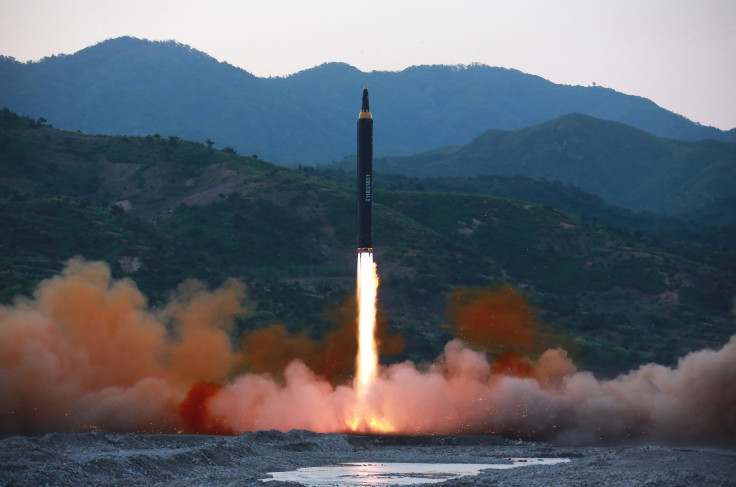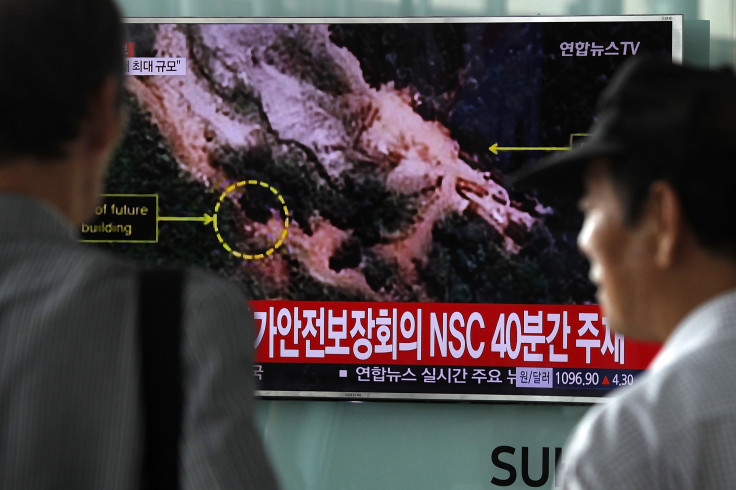North Korea Missile Launch? False Alarm Set Off By Japanese Broadcaster

Another false alarm about a North Korean ballistic missile, and this time in Japan. On Tuesday, Japanese national broadcaster NHK issued an on-air apology for issuing an alert incorrectly claiming that Kim Jong Un's regime had fired a ballistic missile.
"NHK news alert. North Korea likely to have launched missile. The government J alert: evacuate inside the building or underground," the message, received by phone users with the NHK app installed on their devices, read.
Minutes later the broadcaster apologized for the error, saying: "The news alert sent earlier about NK missile was a mistake. No government J alert was issued."
It was not immediately clear why the alert was sent out and what caused the mistake.
The latest false alarm follows another alert mistake from Hawaii on Saturday when the state's Emergency Management Agency mistakenly sent out an alert stating: “BALLISTIC MISSILE THREAT INBOUND TO HAWAII. SEEK IMMEDIATE SHELTER. THIS IS NOT A DRILL.”
The false alarm that went out included sirens, cell phone alerts and radio and television warnings. It was 38 minutes before the government sent out alerts telling people that the message was mistakenly sent. Hawaii Gov. David Ige told CNN that the false alarm was caused “during a standard procedure at the change over of a shift, and an employee pushed the wrong button."
Hawaiian officials apologized repeatedly, and vowed to ensure it would never happen again.
"We made a mistake," said Hawaii Emergency Management Agency Administrator Vern Miyagi.
The false alerts came amid heightened tensions in the Korean peninsula, with North Korea continuing to strengthen its missile capabilities despite strong condemnation from the international community.
Pyongyang ramped up its missile activity last year, firing ballistic missiles that repeatedly landed in the Sea of Japan, raising concerns in Tokyo.

Meanwhile, Hawaii has also been threatened by North Korea's growing missile tests as the reclusive country claimed to have developed a missile —capable for carrying a nuclear warhead — that could hit the U.S. mainland.
Amid escalating tensions between North Korea, its neighbors and the U.S., last week saw a series of breakthroughs, with Pyongyang agreeing to reopen the diplomatic hotline, send a high-ranking delegation of athletes and officials to the upcoming Winter Olympics and hold military talks to reduce hostility between the nations.
Last week, South Korea President Moon Jae-in credited President Donald Trump with making a "huge" contribution to bringing the North and South together for landmark talks.
"War must not break out on the Korean Peninsula again," Moon said. "My goal is to resolve the North Korean nuclear problem and solidify peace during my term."
© Copyright IBTimes 2025. All rights reserved.





















